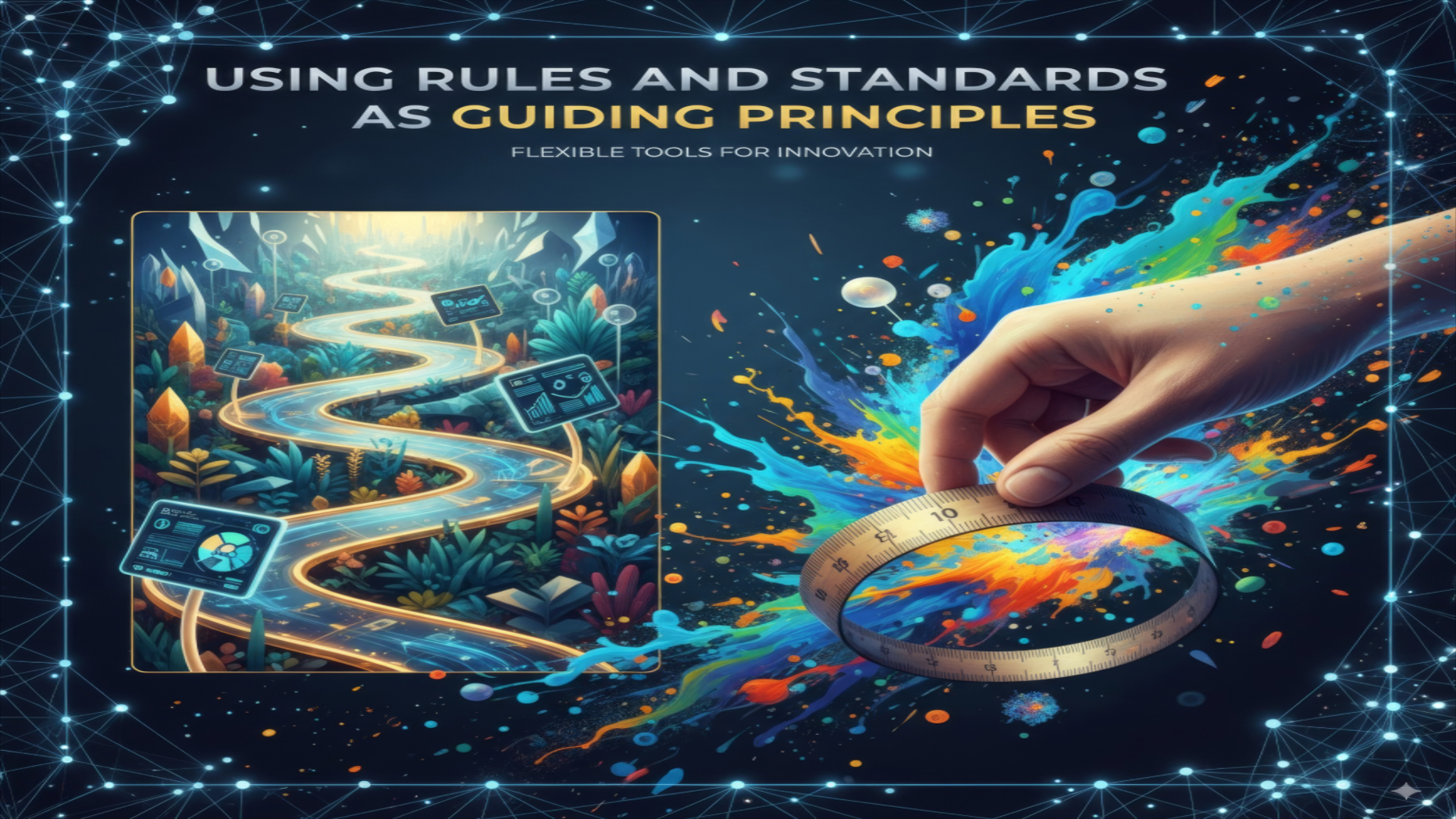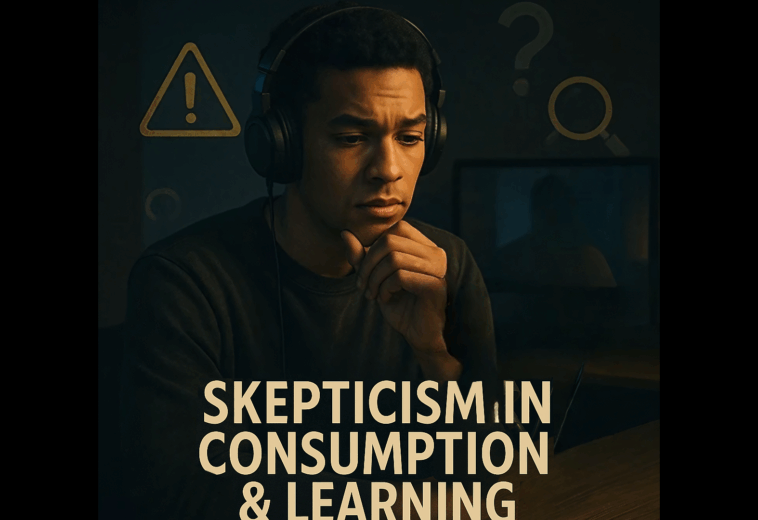
- September 7, 2025
- 14 views
Guiding Principles Over Rigid Rules
All right. Uh today’s date is September 7, 2025. I’ll start uh on with uh project updates. I’m still working on episode one of the gravitational idea series. As per usual, I’m moving a little slower than expected. I’m still animating the suggestions during the weekdays for a solid 2 to 3 hours. During the weekdays for about 1 to 2 hours, I work on smaller projects for Art Station. This strategy is meant to keep things moving forward while I continue to work on major projects like episode one of the gravitational ideas. This is definitely not the final workflow, but just a temporary approach that will continue to evolve depending on the project that I’m working on. on.
Now, as for journal updates, I’ve successfully created a podcast series based on these journal entries. Uh, this was launched through my Patreon account and is also available on Spotify for Patreons. If you’re not a Patreon, uh, you can also listen and read uh, these entries over my website. And at some point, you’ll be able to watch them as well. Um, I just the videos are just not ready yet. So, stay tuned.
All right. So, for today’s episode, Uh the topic for today is using rules and standards as guiding principle instead of things that must be followed and respected. I chose this topic because I’m currently working myself out of the strict narrative constraint that I place myself under. Since I started posting my work online, my goal has always been to build a solid foundation to establish everything my work will stand on. Unfortunately, I made it a point um that everything would also follow a narrative structure making every project dependent of on each other based on their order of release. Uh this has created such a heavy constraint that I’m still resolving it today. As a result, I wanted to take the time to share some of the lessons learned from this particular issue. So, um from my perspective, rules work best when they’re treated as flexible tools rather than rigid barriers.
Standards and guidelines can help you stay organized, but they should not trap you in a box where your creativity and your um flexibility gets confined. For example, Well, while working myself out of this situation, I’ve created different ways to release other work that will serve to complement the journey narrative. As a result of doing this, um it it has helped me explore other disciplines that I don’t necessarily have any interest on. For example, I started to experiment with new types of medium which has opened many new ideas that will significantly um I don’t know complement the narrative journey. Um all this to say uh don’t take this episode as a reason to ignore discipline. Uh it just means to apply discipline in a way that supports growth rather than limiting it.
Um so the key idea is that rules should serve you not control you. They should provide direction, clarity, structure, but they still should leave room for personal interpretation and flexibility. In short, rules are there to help you or to help you guide to sort of guide you forward. Uh and they’re not there to be woripped. Uh so The balance is knowing when uh to respect them, when to bend them, and when to create new ones that better fit the path you’re on. So, I think that’s about it that I wanted to talk about today. So, until next time, take care


